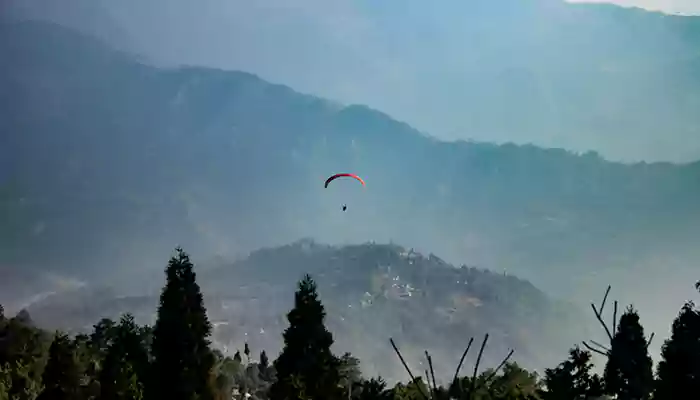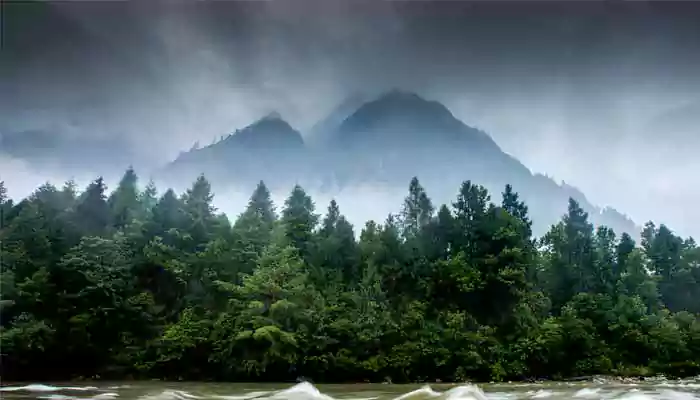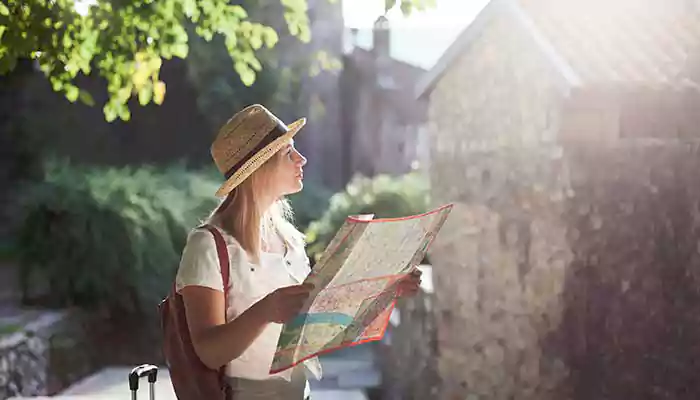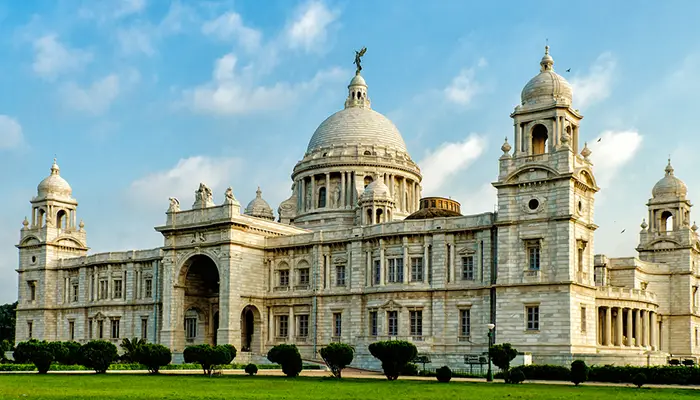World Tourism Day 2025: From Overcrowding to Slow Travel — Rethinking How We Journey
- Sayan Guha
- 4 months ago
- 4 minutes read
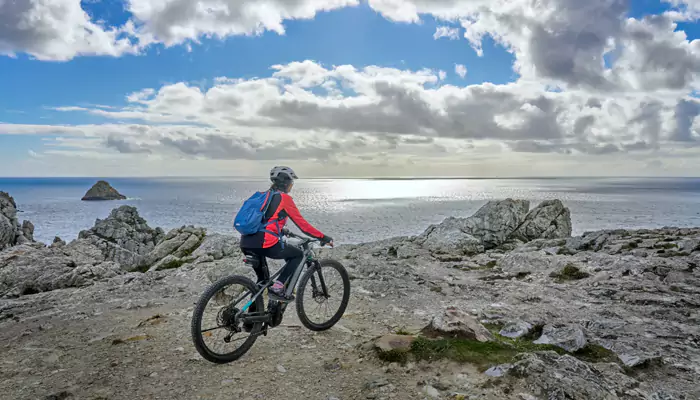
In an age of restless movement, a quieter philosophy is reshaping the way we see the world
Imagine a crowded bus pulls up outside the Colosseum. Cameras click, guides wave flags, and tourists shuffle past each other in a rush to “do Rome” before lunch. It’s a scene repeated worldwide — monuments creaking under the weight of mass tourism, cities struggling to keep up.
But in 2025, a quiet counter-movement is emerging. It’s called slow travel, and it asks a simple question: what if holidays weren't about how many places you visited, but how deeply you experienced just one?
Travel less, but better
Slow travel is not just a passing trend. It’s a way of thinking. Instead of rushing through airports and ticking off checked-off itineraries, travellers choose trains, cycling routes, or scenic drives. The journey itself becomes part of the enjoyment: watching vineyards pass by a train window in Provence or stopping on a coastal path in the Basque Country.

Once they arrive, the focus is on immersing oneself. Guesthouses and family-run cottages are replacing impersonal hotel chains. Hosts share stories, recommend hidden trails, or point you towards markets filled with local produce. These aren’t just transactions but encounters — an opportunity to inhabit a place rather than just consume it.
Why slow travel resonates in 2025
Three forces are driving this change: climate awareness, personal well-being, and the rise of remote work.
The climate crisis has prompted travellers to reconsider the carbon footprint of frequent flying. Domestic flights are losing favour, replaced by lengthy train journeys and extended stays. Fewer trips, but longer ones, mean less harm to the environment and less pressure on cities struggling with overtourism. Secondary destinations are also gaining attention — a quiet village in the Pyrenees, for example, offers as much wonder as Paris but without the crowds.

Credit: winwithmcclatchy
Similarly, travellers are no longer seeking exhaustion in the name of escape. The new goal is rest. Spending a fortnight in one valley, walking the same paths, chatting with the same neighbours, becomes a balm for weary minds. In an anxious era, the promise of stillness is as tempting as any beach.
Then there is work itself. The “workation” is now commonplace: professionals join meetings from refurbished farmhouses in Dordogne or quiet apartments overlooking Goan backwaters. The boundary between work and leisure has blurred, but in a way that allows people to stay longer, spend more locally, and travel outside the peak season.

Credit: Meer
How to embrace the slower lane
Embracing slow travel doesn't mean forsaking adventure; it involves easing the grip of over-planning. Focus on one region and stay for a while. Replace the checklist with curiosity: a detour down an unmarked lane, a chat with a local artisan, a pause to watch the sunset instead of rushing to the next destination.
Accommodation also plays a vital role. Eco-friendly guesthouses and community lodgings provide more than just a bed — they create a sense of belonging. Breakfasts sourced from nearby farms and advice from hosts unlock hidden worlds.
The great irony of slow travel is that it offers you more — more space to notice, more time to feel, and more memories that last because they weren’t hurried.

Credit: Ecbonb
The road ahead
On this special World Tourism Day, let's take a moment to remember that travel isn't a race. The heart of tourism is found in stories and experiences, not in crowded spots or rushed tours.
Embracing a slower pace allows us to reconnect with the true reasons we travel— to bond, to explore, and to find moments of calm in a busy world that often rushes by us. Let's cherish these meaningful journeys and create memories that truly enrich our lives.

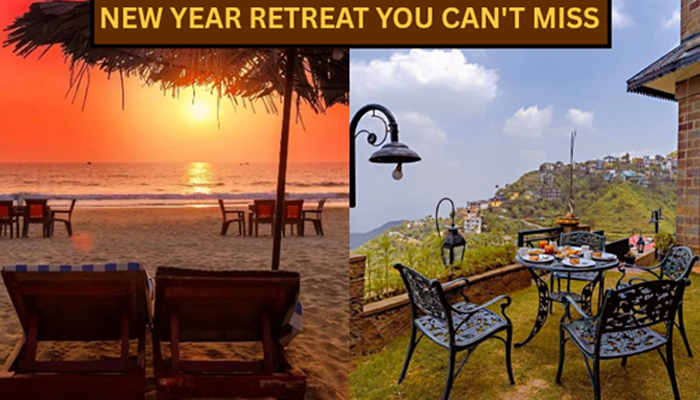
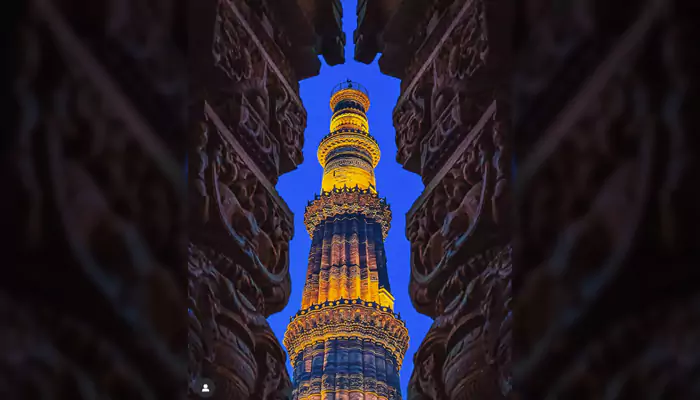
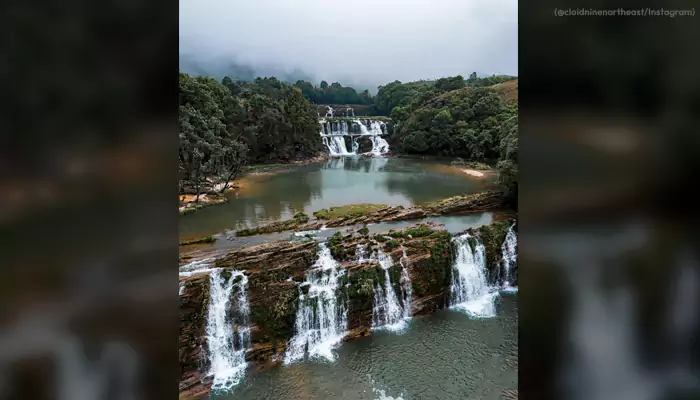
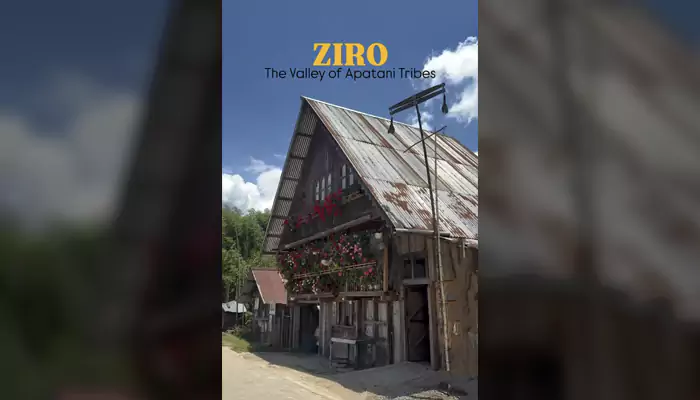
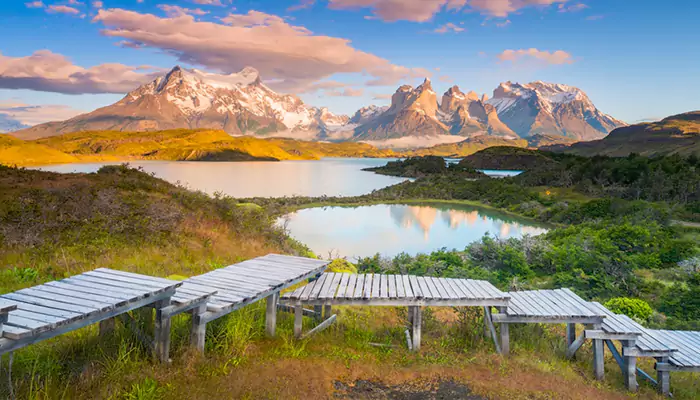
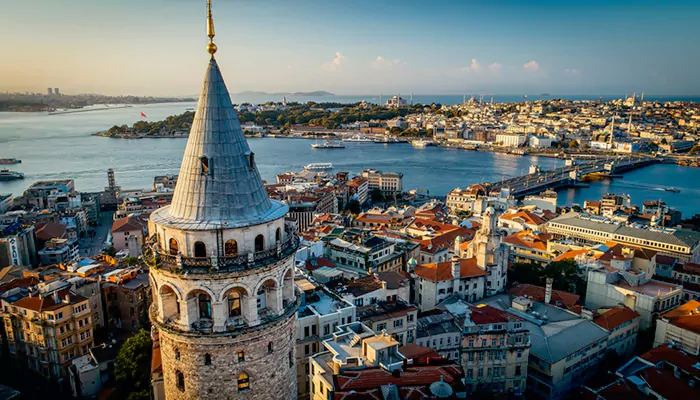
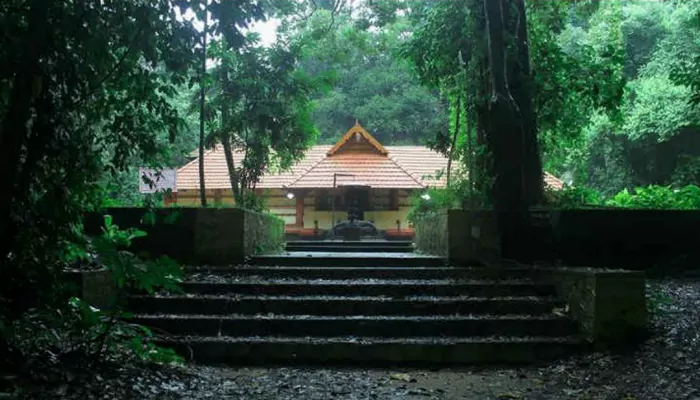
.webp)
